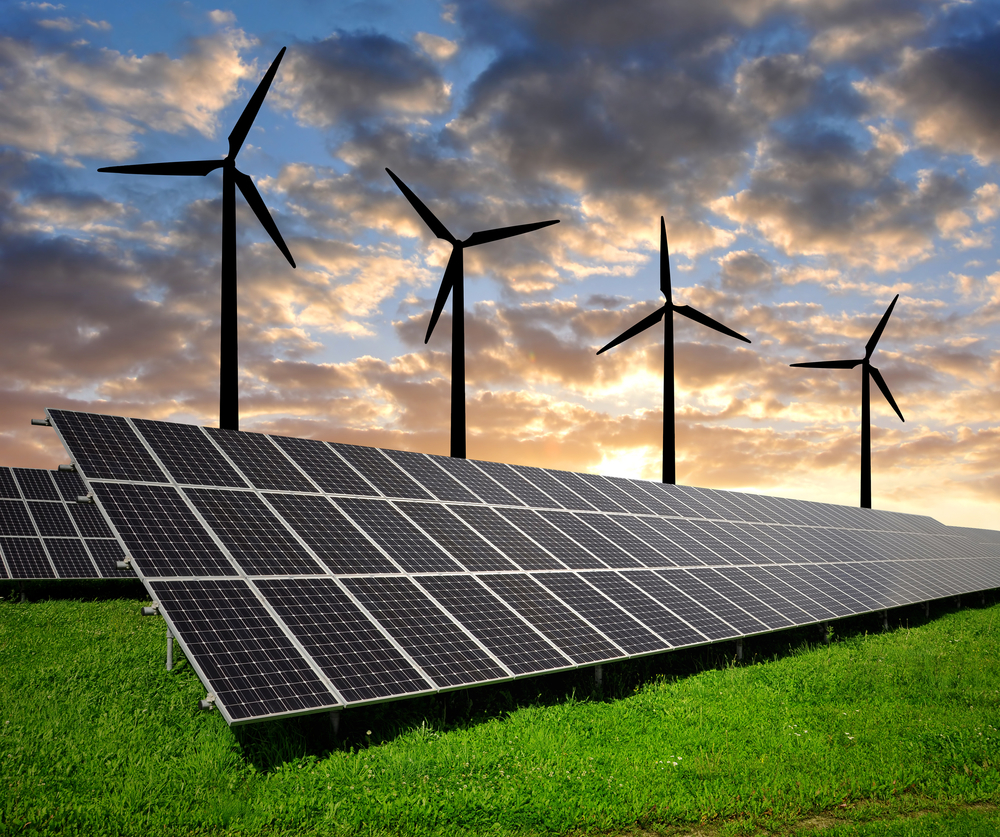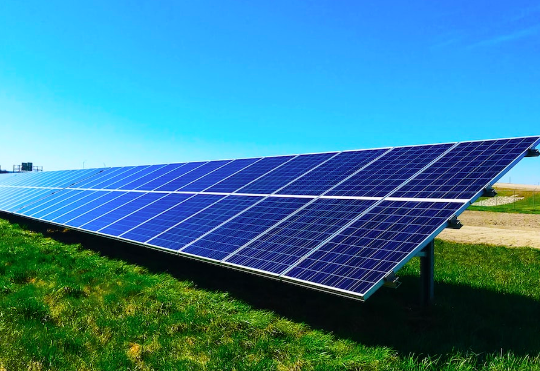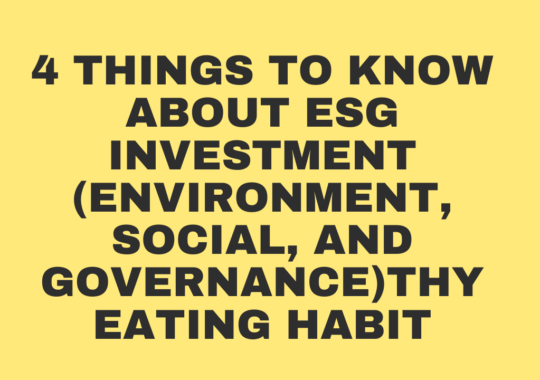Solar energy has never been cheaper or more abundant. Learning about the many ways in which solar can provide a more sustainable alternative to conventional energy sources ensures that those who are in a position to take advantage of solar will be able to navigate their options more effectively.
Clean, Renewable, and Sustainable
Solar power is generated through specialized panels that can convert the sun’s rays into electricity. Additional equipment, such as batteries that can store energy until it is needed or specialized machinery used to convert the electric charge into the same format used by everyday consumer devices and household appliances, is also essential.
Benefits and Advantages
The ability to generate power on-site without a fuel source makes solar a popular choice for providing power in remote locations. Solar may also be used to provide power in the event of a blackout or service interruption, making it an ideal resource for those who prize self-reliance or who may not be in a position to tolerate a lengthy interruption in utility services. The process of generating solar power is also clean, allowing electricity to be generated without worrying about harmful emissions, pollution or depletion of non-renewable resources.
Limitations of Conventional Energy
Conventional energy sources have many drawbacks and limitations. The electricity that burning fossil fuels have produced is known to release carbon dioxide, a powerful greenhouse gas. Conventional energy also requires that end-line users have access to a power grid that can severely limit the building locations or development options available. From environmental harm to being forced to rely on an off-site utility provider, the limitations of conventional energy are creating a growing demand for clean, renewable solar power.
Environmental Impact
Sustainable property development, the creation of more energy-efficient households, and the means to reduce the environmental harm that business operations may be causing are all important concerns. Over-reliance on conventional fuels can shrink a carbon footprint, curtail emissions, or protect the natural environment, all but impossible. Solar energy is fast becoming an indispensable resource for sustainable development, one that will continue to play a key role in creating a brighter future for all.
Home and Residential Solar
Today’s home and property owners have greater access to solar energy than ever before. Falling equipment prices coupled with the increased output and performance of current generation solar panels has led to the plummeting cost of a residential solar power installation. Learning more about the many benefits that solar has to offer, outlining the equipment options that are best suited for their needs, and finding the best price on solar panels for sale can make it much easier for homeowners and property developers to take advantage of all that solar energy can offer.
When it comes to sustainable development, solar energy is a clear choice. Solar provides a proven and effective way to generate clean, renewable energy, which is currently the best alternative to conventional sources. Not only is conventional energy least sustainable, it puts future generations at risk.

Krishna Murthy is the senior publisher at Trickyfinance. Krishna Murthy was one of the brilliant students during his college days. He completed his education in MBA (Master of Business Administration), and he is currently managing the all workload for sharing the best banking information over the internet. The main purpose of starting Tricky Finance is to provide all the precious information related to businesses and the banks to his readers.




